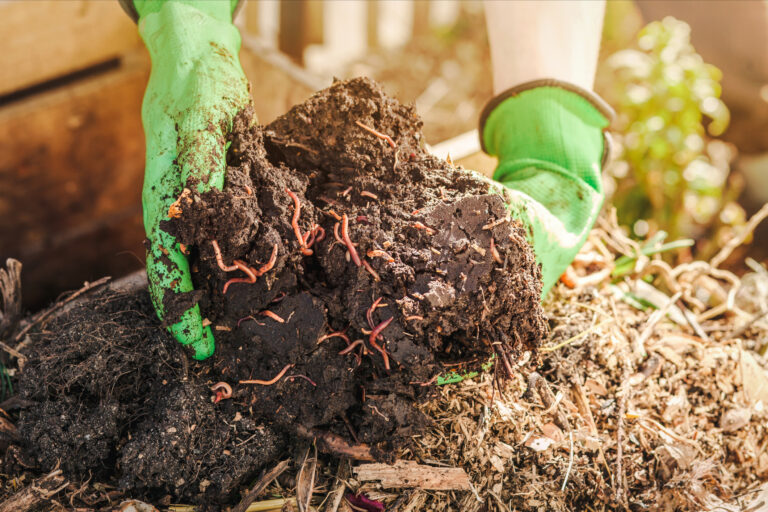In a groundbreaking study, scientists have found that bio-based fibers, often promoted as eco-friendly alternatives to conventional plastics, could pose significant health risks to critical species, potentially harming the ecosystems they are meant to protect. These materials, widely used in textiles and everyday products like clothing, wet wipes, and sanitary products, may release harmful microfibers into the environment, raising concerns about their true ecological impact.
The study, published in Environmental Science and Technology, reveals alarming findings regarding the effects of bio-based fibers, such as viscose and lyocell, compared to traditional polyester. During experiments on earthworms, a species vital to soil health, researchers observed that bio-based fibers had unexpectedly high levels of toxicity. Under controlled conditions, polyester fibers caused a 30% mortality rate in earthworms over 72 hours. However, exposure to bio-based fibers led to even greater mortality rates—up to 60% for lyocell and 80% for viscose.
A follow-up experiment examined the impact of these fibers at concentrations more commonly found in the environment. Results showed that earthworms exposed to soils containing viscose experienced reduced reproduction, while those exposed to lyocell fibers showed signs of stunted growth and increased soil burrowing activity, indicating possible distress.
The study highlights the need for thorough testing of alternative materials to plastics before they are widely released. As the production of bio-based and biodegradable fibers continues to increase—more than 320,000 tonnes were produced globally in 2022 alone—researchers stress that understanding the ecological consequences is essential.
Dr. Winnie Courtene-Jones, lead author of the study, emphasized, “Our research has shown that bio-based fibers have a range of adverse effects on earthworms, animals crucial to environmental health. This underlines the importance of collecting further evidence before promoting alternatives to conventional plastics.”
This research is part of the BIO-PLASTIC-RISK project, a £2.6 million initiative funded by the Natural Environmental Research Council and conducted by experts from the University of Plymouth and the University of Bath.
Professor Richard Thompson OBE FRS, senior author of the study and Head of the University of Plymouth’s International Marine Litter Research Unit, will present the findings at the upcoming United Nations Global Plastics Treaty negotiations in Busan, South Korea. “As we seek solutions to plastic pollution, independent scientific evidence must guide us to prevent unintended environmental consequences,” he stated.
This study serves as a crucial reminder that while reducing plastic usage remains essential, new materials intended to replace plastics must be rigorously tested in real-world conditions to ensure they do not create unforeseen ecological risks.
Find the original press release here.

